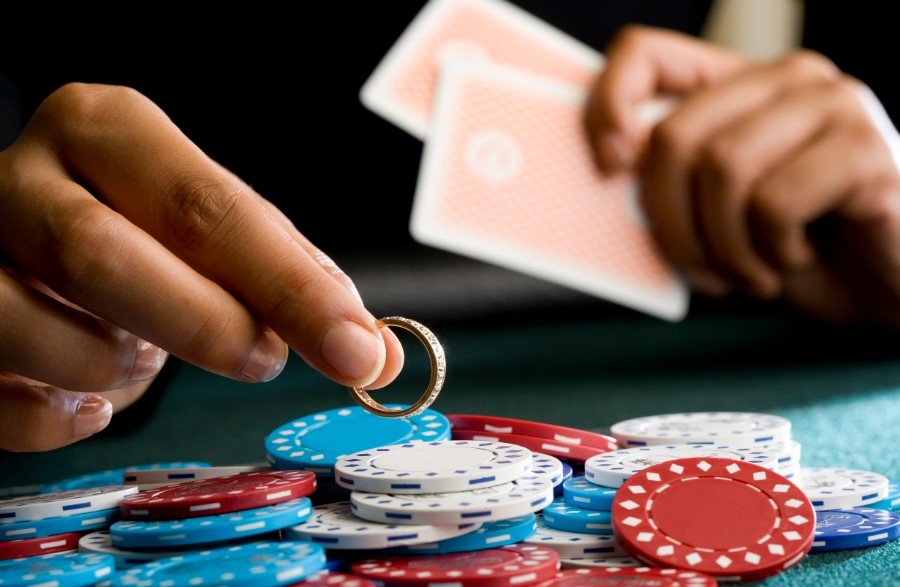Gambling has existed for thousands of years across many cultures and civilizations. From dice games in Ancient Egypt to betting on animal fights in ancient China, gambling has provided entertainment, risk, and the lure of easy money throughout history. In today’s world, opportunities to gamble are everywhere – from casinos to racetracks to online betting sites and apps. With so many ways to bet money, gambling at Spinago has also become big business and can be highly addictive. Understanding the psychology behind why people gamble can help shed light on why it can be so hard to stop for some.
The Dopamine Rush and Reward System
One of the key factors that draws people to gambling is the rush or high it can provide. Gambling triggers the release of dopamine in the brain. Dopamine is a neurotransmitter associated with pleasure, reward, and feelings of excitement. The anticipation while waiting to see if you will win big money sparks a thrill and flood of dopamine. This gives gambling an addictive quality, as people chase that dopamine rush over and over.
Variable Reward System
Gambling is also difficult to give up because it utilizes a variable reward system. You may win big sometimes, but more often you lose money. The inconsistency of wins and losses makes it hard to walk away. People keep gambling thinking the next bet could be the big jackpot win. This variability taps into our motivational systems and makes it hard to stop chasing the possible pleasure of an infrequent big reward.
Illusion of Control
Many gamblers also fall victim to the illusion of control – the mistaken belief that they can influence the outcome through skill. In games of pure chance, no amount of skill or strategy affects the randomness of the results. But gamblers will try to employ systems and convince themselves they have an edge. This illusion of control provides another psychological reason why gambling can be so compelling.
Emotional Escape and Boredom
For some, gambling provides an emotional or mental escape from life’s stresses and boredom. The focused thrill of gambling can provide a distraction from problems. But like other potentially addictive behaviors, it offers just a temporary escape and the problems return along with additional financial strains from gambling losses.
Signs of Addictive Gambling
For most people, gambling remains recreational and does not become an addiction. But for some, gambling transitions from entertainment to a compulsive behavior that disrupts finances, work, relationships and more. Signs of problem gambling include:
- Needing to gamble with more and more money to get the same thrill
- Restlessness or irritability when not gambling
- Repeatedly trying and failing to stop gambling
- Lying to conceal gambling activity
- Jeopardizing relationships or job due to gambling
- Relying on others for money to relieve financial problems caused by gambling
If you recognize several of these signs in yourself or a loved one, consider seeking help through counseling or a gambling addiction program.
Tips to Control Gambling Urges
For those who want to gamble less or stop completely, the following tips can help:
- Avoid triggers and tempting environments like casinos and betting sites. Even seeing a gambling ad can spark an urge.
- Pursue other enjoyable hobbies and activities so gambling does not fill a void.
- Exercise, meditate or journal to manage stress rather than gambling for escape.
- Set a budget for gambling if doing it recreationally and stick to it.
- Seek support through therapy, 12-step programs or self-exclusion programs.
- Consider software to block access to gambling sites and apps.
- Remind yourself the house always has the edge – you are highly likely to lose money in the long run.
Understanding why gambling can become addictive and utilizing strategies to control urges can help you gamble responsibly and avoid the pitfalls of compulsive gambling. While the psychology of gambling makes it an easy trap to fall into, awareness of the mechanisms behind it can help you catch yourself and stop the chase before you lose too much.


